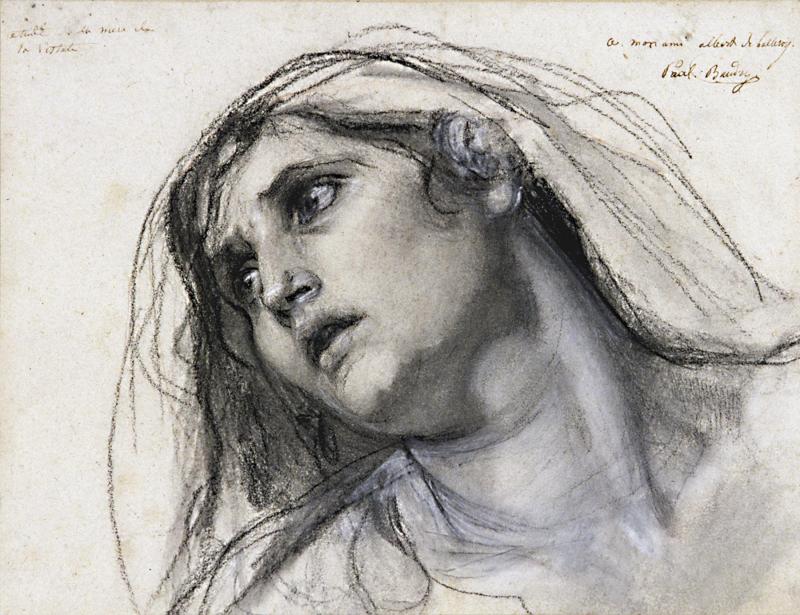Tenrikyo Dynamic Mission - REGRET - REMORSE
Ponder this in all matters
Both "regret" and "remorse" are metaphors that are
interchangable with the metaphor of "dust" that has accumulated on the
original heart (consciousness). That accumulation serves to hide our
original heart (consciousness) from our ordinary awareness, while at the same
time binding
our conscious experience to the limitations of being autonomous bodies,
separate from nature and each other and so to speak, leaving us on our own.

Even though free and unlimited original parental consciousness always resides as the very origin and core of our being - distracted as we are with the experience of the world from the limited point of view of a self centered imagination bound to the idea of a separate body only- some of us have become overcome with feelings of alienation, powerlessness, low spirits and depression. When we look at the journey of our species we fnd that we have always had a problem with dealing with the "evils" of illness, trouble, weakening and death. Poetically, this dissatisfied and depressed state of mind is modeled as the "regret" and "remorse" of the children. We children then are always on the lookout for ways of combating, removing and preventing or in the case of death delying the experience of those evils on ourself or on those close to us.
Know that any illness is from the mind.
The notion that illness comes from the mind is not new and is in fact found to be common when we ponder the human journey acrosss all times and places. It is our common experience to deal with these evils on a per case basis. That per case basis usually involves the employment of some kind of practitioner or proceedure. The distinction between medical and spiritual practicioners being a relatively recent and not an entirely complete separation of ideas. From the point of view of our original parent it is a mistaken use of mind to think that this teaching fits into any of those common categories of knowledge and truths of the world that we might wish to mix in with it. To do so is to misunderstand the purpose of the "Services" (the sincere work of completely settling the self cnernter imagination ) and will only result in continued regret and remorse as the actual truth of origin will not be known.
It is solely to bring peace to the world and salvation to all.
When this path is clearly seen,
The root of illness will be cut off entirely.
There are also poetic themes that model the "regret" of the parent. Those poems are used to show the special case of children who have been offered and have heard the teaching of single hearted salvation - also called, spiritual awakening, the universal salvation of all things, the one truth of origin, the true origin of our mind, the truth of self, the truth of the human body, the true origin of human beings and the truth of any and everything in detail, knowledge of God's free and unlimited workings, freedom from falling ill, weakening and even death - and have reasonably chosen to misunderstand that teaching and view it with doubt or reject it as being false. As a result of this misunderstanding, doubt and rejection the children thus continue to be disatisfied and to suffer.
You have been saying that they are all false.
The regret and remorse of the "children" being the outcome of our inability to awaken on our own ordinary terms, according to our worldly common truths and expectations. The regret of our parent being the natural barrier - Our parent never taught the true origin of our mind and as a result it is natural that we know nothing about it - to communicating the truth of origin to us in ordinary reasoning using ordinary language. I stress "reasonably chosen to misunderstand, doubt and reject it" because from our ordinary way of reasoning - that is reasoning from the point of view of a self centered imagination attached to a body, this teaching can only be true if it is mixed in with existing truths of the world that we are comfortable with and which conform to the expections flowing from our ordinary truths of the world. Regretably, from our ordinary way of reasoning we choose to "fix" the teaching of single hearted salvation because it is fundamentally at odds with the way that we oridinarily experience the world.
By all means, I shall admonish you with My verses.
This theme of doubt and rejection leading to regret and remorse begins to unfold within the Nakayama household and is modeled for us through poems concerned with Suji Nakayama's lame leg. Though many years had passed since Miki Nakayama awakened to the truth of origin and as the parent of origin began to teach, there was apparently nothing about living with Her that satisfied the truths of Suji Nakayama world that he was living with and was the son of a living God. Understanably his worldly common view would certainly have been satisfied with a miraculous cure of his lame leg. After all the long human story is full of instances of miraculous healing of illnesses and even raising people from the dead ocurring at various times and places and associated with various places, gods and saints. In Shuji's case though that is something that never happened.
When the day arrives, you will understand clearly.
all minds in the world will be spirited.
So long as you remain unknowing tht the body is.
a thing borrowed, you can understand nothing at all.